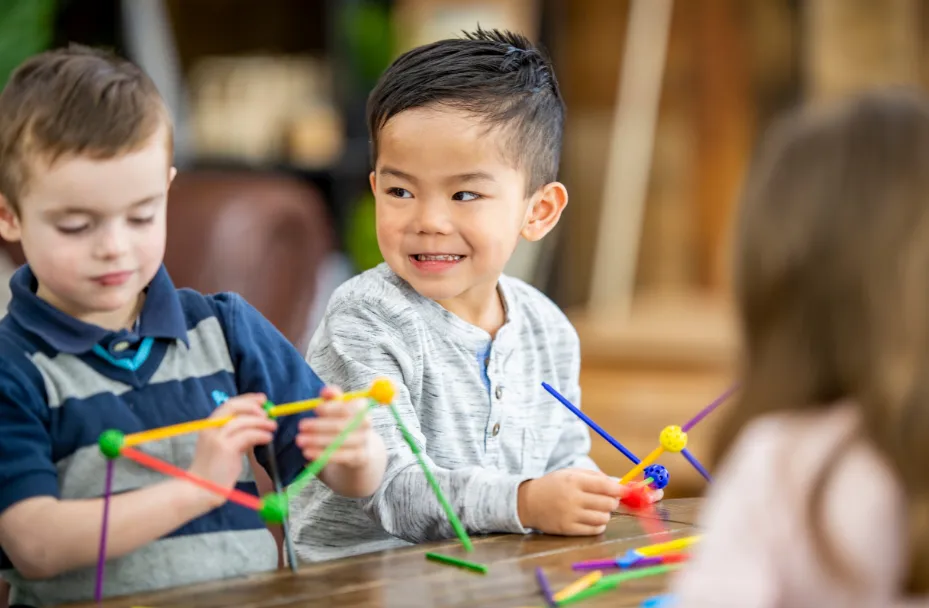Nurturing Social and Emotional Intelligence in Children:
This blog post will discuss the importance of supporting a child's social and emotional development. Emotional and practical intelligence significantly influence a child's overall growth and success. By teaching children about their emotions and helping them become more emotionally and practically intelligent, parents can empower their children to navigate their feelings effectively and develop strong social skills. This post will explore tips for supporting a child's social and emotional development.

Teach Emotional Intelligence
Emotional intelligence is the ability to analyze and understand one's emotions and choose when and how to express them appropriately. Emotionally intelligent individuals know how to bond with others, show empathy, and regulate their emotions. They recognize that emotions serve as cues for action but understand that not all emotions should be shared in every situation. Parents can help children develop a deeper understanding of their emotions and learn to use them productively by teaching children about emotional intelligence.
Foster Practical Intelligence
Practical intelligence involves problem-solving, effective communication, and understanding others' needs. Individuals with practical intelligence are influential and make great leaders. By nurturing practical intelligence in children, parents can equip them with the skills to navigate social interactions successfully. Practical and emotional intelligence empowers children to connect with others, communicate effectively, and meet people's needs.
Introduce Self-Government
Self-government is the process of understanding the cause and effect of situations and having control over one's behaviors, thoughts, and emotions. Teaching children about self-government helps them recognize that they can choose their emotional responses and actions. It does not mean suppressing emotions but selecting the appropriate time and manner to express them. By teaching self-government, parents can help children develop emotional and social awareness, enabling them to make thoughtful decisions and engage in healthy interactions.
Emphasize Calmness and Non-Reactivity
Calmness is a crucial aspect of emotional and social development. Children need to understand what calmness is and how to choose it. Parents can teach children to differentiate between calm and non-calm behaviors, voices, and facial expressions. Children can better regulate their emotions and respond appropriately in various situations by recognizing and practicing calmness. Additionally, parents should emphasize that not everything is personal and that it is essential to drop certain subjects or not take every feeling personally. This skill helps children develop healthy social and emotional skills.
Conclusion:
Supporting a child's social and emotional development is crucial for their well-being and success. By teaching emotional intelligence, fostering practical intelligence, introducing self-government, and emphasizing calmness and non-reactivity, parents can empower their children to navigate their emotions effectively and develop strong social skills. These tips provide a foundation for children to become emotionally and socially intelligent individuals who can thrive in various social settings.
Here are some great articles on nurturing social and emotional intelligence in children:
